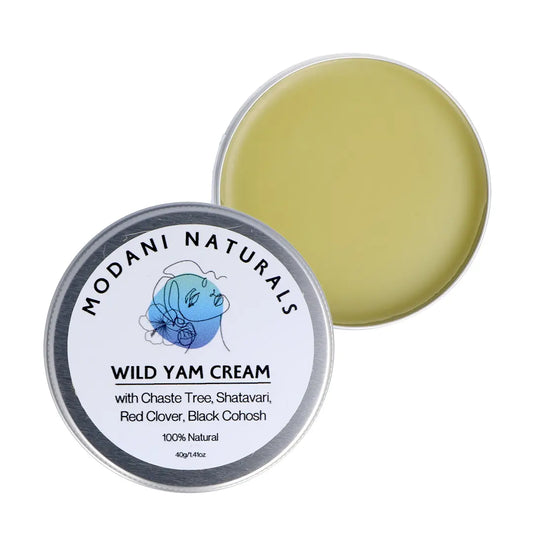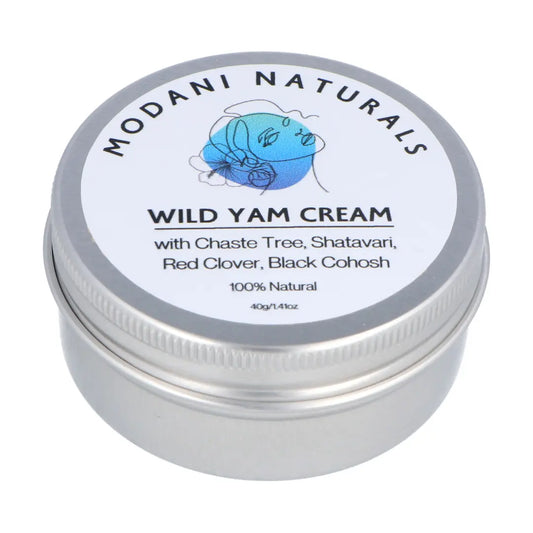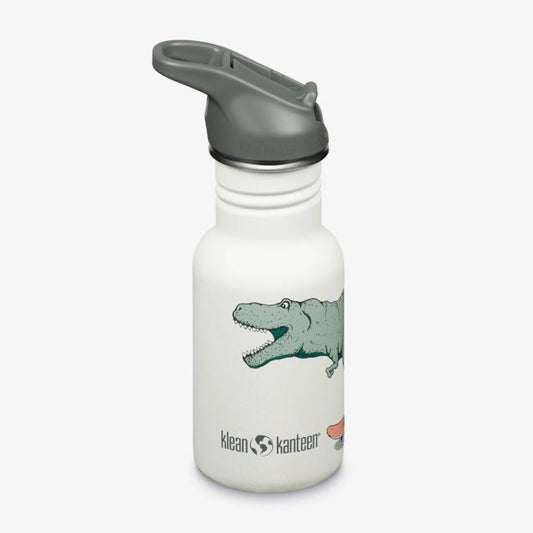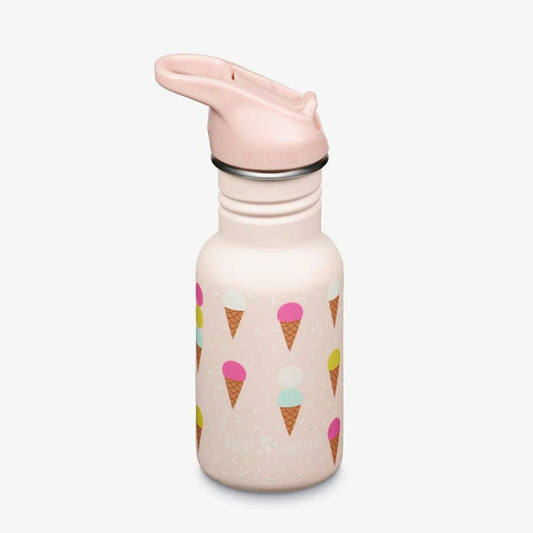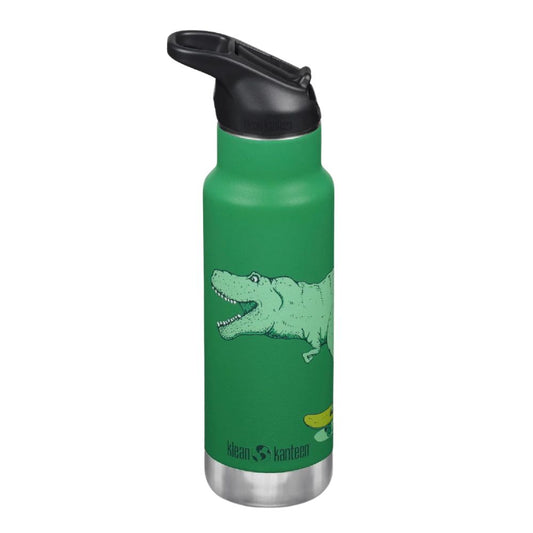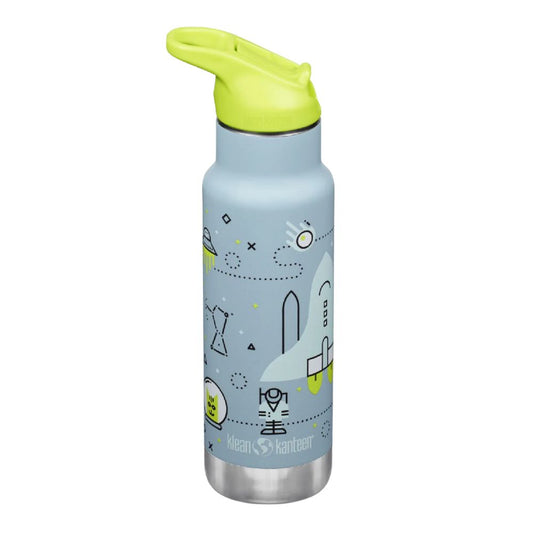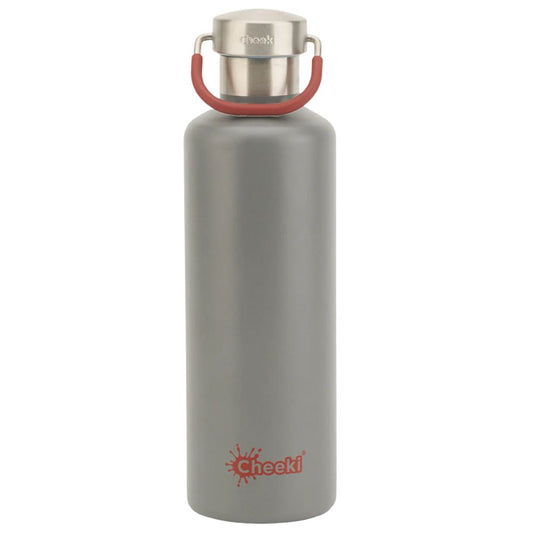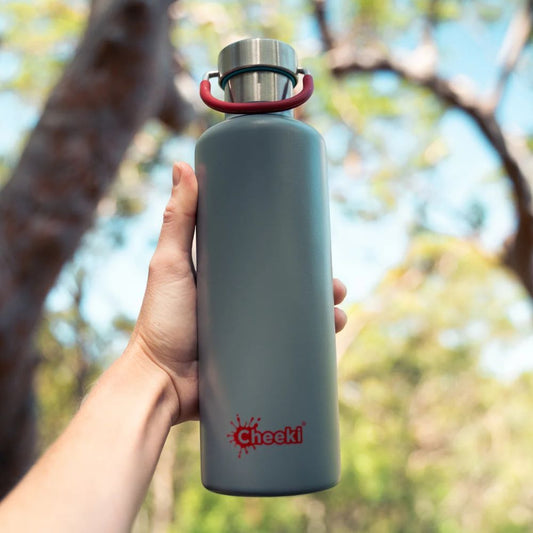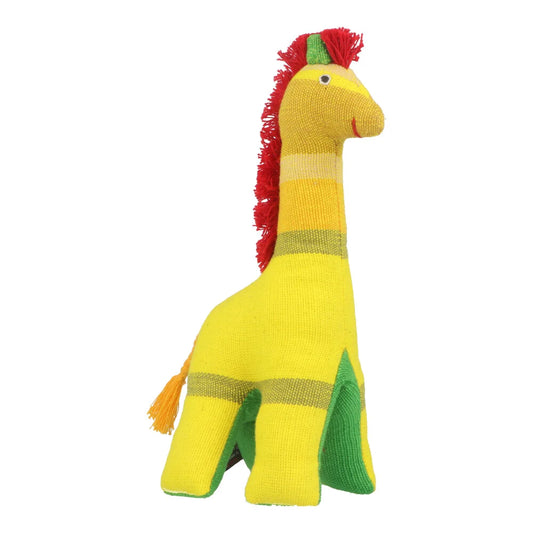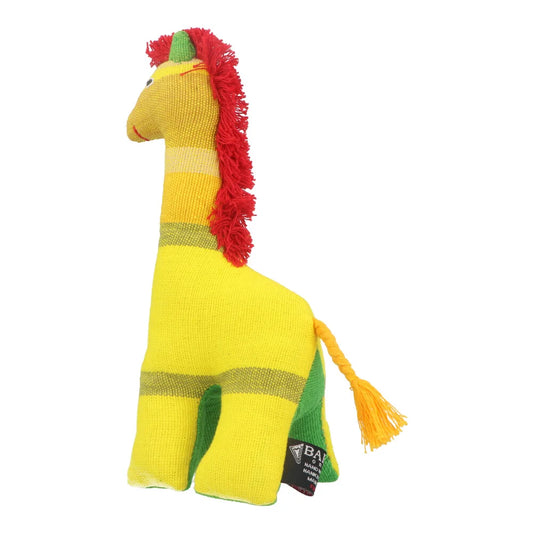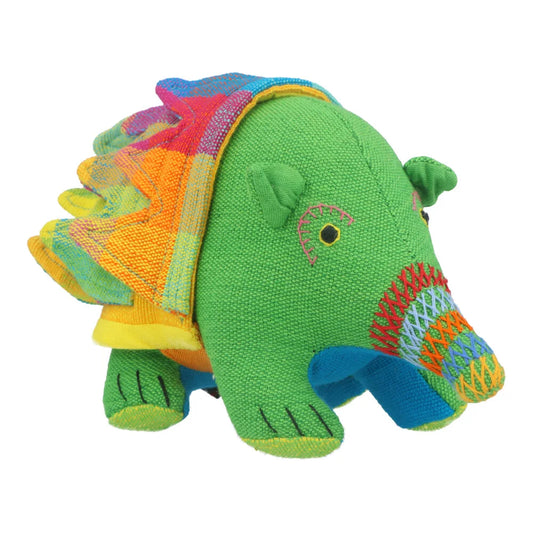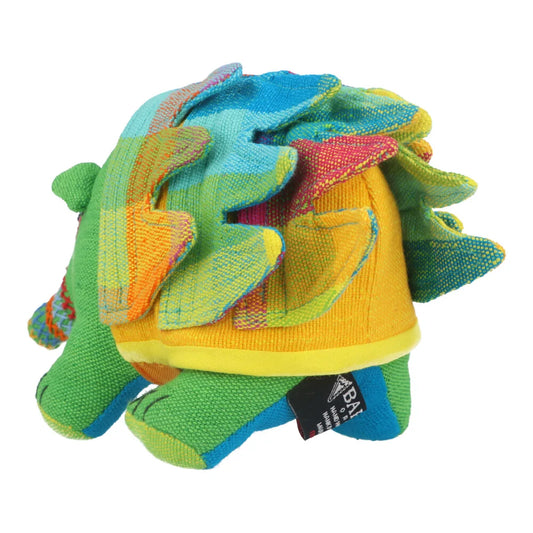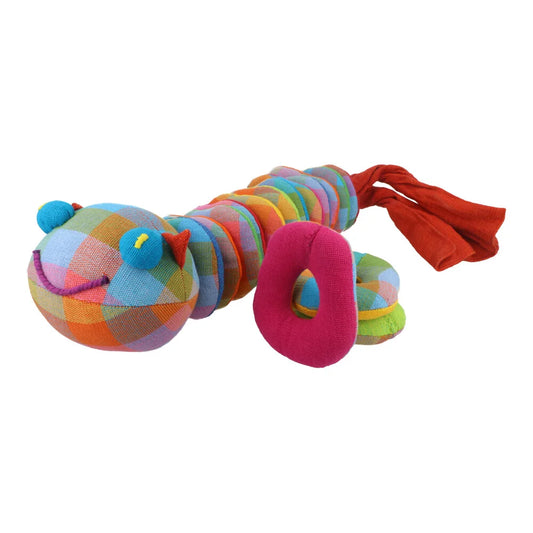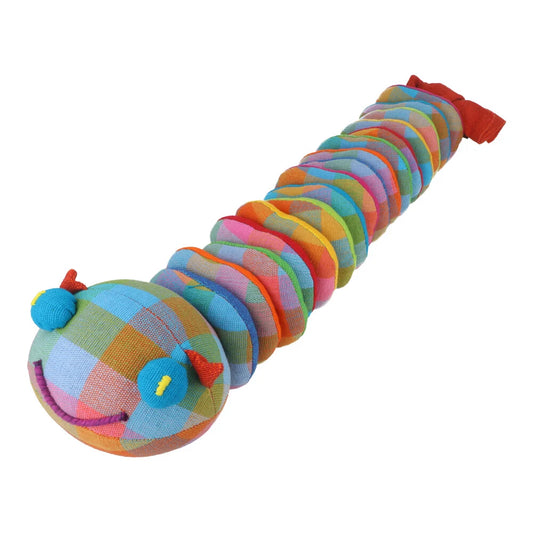Do you love socks? We do. Socks can be that perfect blend of practical and whimsical! They keep your feet warm, protected, and colourful, often with a sense of humour to start your day with a smile.

But did you know that socks can also be sustainable, ethical and eco friendly? Depending on where and how your socks are made, they can impact the well-being of people and planet. We don't want to get overly serious about socks, but this simple example of what to think about can be carried across most purchasing decisions.
Here we compare two types of socks: one that is made locally in Australia from regular cotton, and one that is made in India from organic cotton. We'll look at the pros and cons of each type of sock, and how you can make more mindful and sustainable choices when buying any item of clothing.
Organic or Conventional Cotton
Let’s start with the environmental impacts of cotton production. Cotton is a natural fibre that is used to make all types of clothes, including sustainable socks. But cotton is also a thirsty crop that needs a lot of water to grow. It also uses a lot of chemical pesticides and fertilisers that can pollute the water and the soil. Cotton can also destroy habitats for animals and plants, and contribute to climate change by releasing greenhouse gases.
One way to make cotton more eco-friendly is to grow it organically. Organic cotton is grown without using synthetic chemicals, which means less pollution and less water use. Organic cotton also has a lower carbon footprint than regular cotton, because it emits less CO2 and stores more carbon in the soil.
But, organic cotton is not perfect either. It still takes up a lot of land and labour to produce, and it may not grow as much as regular cotton. Organic cotton also faces some challenges, like pests, weeds, and certification costs. And organic cotton does not solve the social problems that affect cotton farmers and workers, like low pay, bad working conditions, child labor, and forced labor. There is very little sustainable organic cotton grown in Australia.
Made in Australia or Overseas
Another way to make cotton more eco-friendly is to buy it locally. Local production means less transportation and less emissions from moving stuff around the world. Local production also supports the local economy and creates jobs for local people. Buying locally may also make it easier to know where and how your clothes are made, and who made them.
But buying locally does not mean that the cotton is grown sustainably or ethically either. Local production may still use harmful chemicals, waste water, or exploit workers. Buying locally may also limit your options, as local producers may not have what you want or need.
So, which sock is better: the one that is made locally in Australia from regular cotton, or the one that is made in India from organic cotton? Well, there is no easy answer to that question. Both socks have good and bad points, and both socks depend on many factors, like the quality, the price, the standards, and the conditions of the production.
Questions to ask before buying a pair of socks
So, instead of picking one sock over the other as more eco friendly, here are some questions that you can ask yourself before buying a pair of socks, or any item of clothing for that matter:
- Do I really need this pair of socks? Can I use or fix my old socks instead of buying new ones?
- How long will this pair of socks last? Will it stay strong or will it fall apart quickly?
- How comfy is this pair of socks? Will it fit well or will it itch or scratch?
- How honest is this pair of socks? Do I know where and how it was made? Do I trust the brand or the seller?
- How fair is this pair of socks? Does it respect the people who made it? Does it support fair trade and social justice?
- How sustainable is this pair of socks? Does it reduce its environmental impact? Does it use organic or recycled materials? Does it have a low carbon footprint?
By asking these questions, you can make better decisions when buying all clothes. You can also look for labels or certifications that show how eco-friendly and ethical the product is, like GOTS certified organic cotton, Fair Trade, or B Corp. You can also do some research to find out more about the brand and how transparent they are.
At Biome we offer a number of brands of what we consider sustainable socks:
Wilson Payne socks ~ made in Australia from conventional cotton
Conscious Step socks ~ made in India from organic cotton
Mongrel Wool Socks ~ thick durable socks made from wool in Tasmania, Australia
Komodo, Kontex and other Organic Cotton socks


